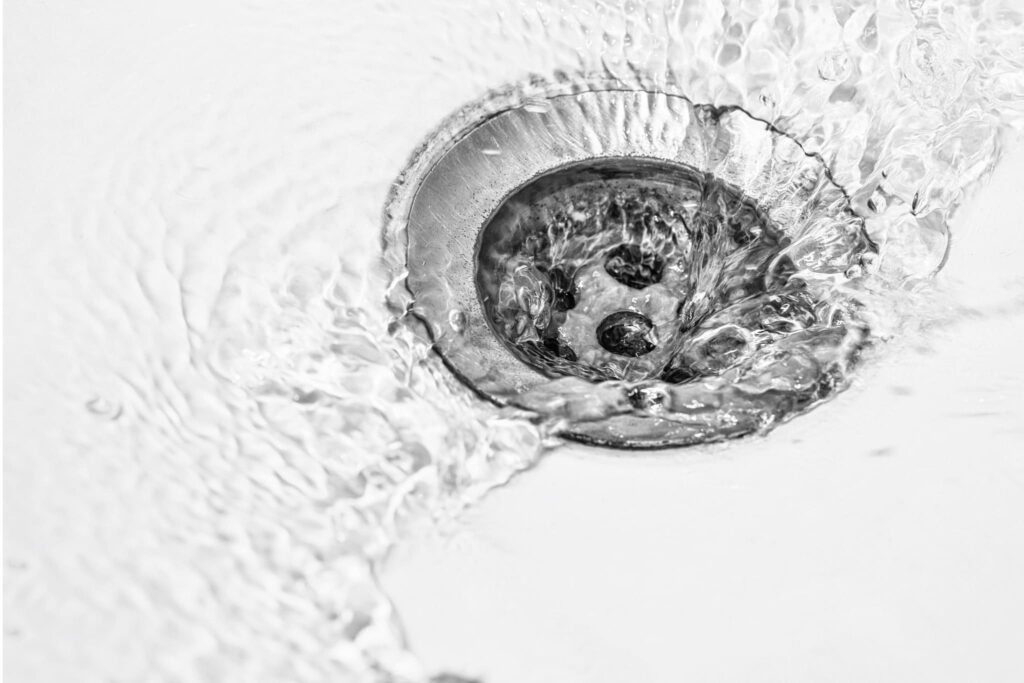When it comes to home maintenance, one of the most common issues many homeowners face is faulty plumbing. Clogged drains can be a persistent nuisance, causing inconvenience and potential damage if not addressed promptly. However, with simple preventive measures, you can save yourself the hassle of dealing with clogged pipes and a costly plumbing repair in Port St. Lucie.
Watch What Goes Down
The number one rule in preventing clogged drains is being mindful of what you allow down your drains. Kitchen sinks often suffer from grease buildup, while bathroom drains can get clogged with hair and soap scum. To combat this, use drain strainers or stoppers to catch debris before it goes down the drain. Dispose of kitchen grease in a separate container rather than pouring it down the sink, and regularly clean bathroom drains to remove hair and soap residue.
Flush with Hot Water
A simple yet effective method to prevent buildup in drains is to flush them regularly with hot water. Boiling water can dissolve grease and soap clinging to the inside of pipes, keeping them clear and flowing smoothly. This quick maintenance task can be done weekly or bi-weekly to maintain optimal drain health.
Use Drain Screens
Installing drain screens or guards in all your sinks and showers is an inexpensive way to prevent debris from entering your pipes. These screens catch hair, food particles, and other solids before they can cause a blockage. Clean these screens regularly to ensure they continue to do their job effectively.
Be Cautious with Chemical Cleaners
While chemical drain cleaners can quickly fix minor clogs, they are not a long-term solution and can damage your pipes over time. The harsh chemicals in these cleaners can corrode pipes and harm the environment. Opt for natural alternatives like baking soda and vinegar or invest in a plumbing snake for more stubborn clogs.
Regular Maintenance Checks
Performing regular maintenance checks on your plumbing system can help you catch potential issues before they escalate into major problems. Inspect visible pipes for leaks, corrosion, or mineral buildup. If you notice slow drainage or foul odors from your drains, it may be time to call a professional plumber for an inspection.
Professional Inspections
While DIY maintenance can go a long way, it’s wise to schedule periodic inspections by a licensed plumber. A professional can thoroughly inspect your plumbing system, identify any potential issues, and provide solutions to prevent clogs and other plumbing problems before they occur.
By following these simple tips and incorporating them into your regular home maintenance routine, you can significantly reduce the likelihood of clogged drains and avoid costly plumbing repair. Remember, prevention is key to maintaining a healthy plumbing system. Start implementing these strategies today to keep your drains clear and your home plumbing in top condition! Contact the pros today to schedule an inspection or for any plumbing repair needs.


